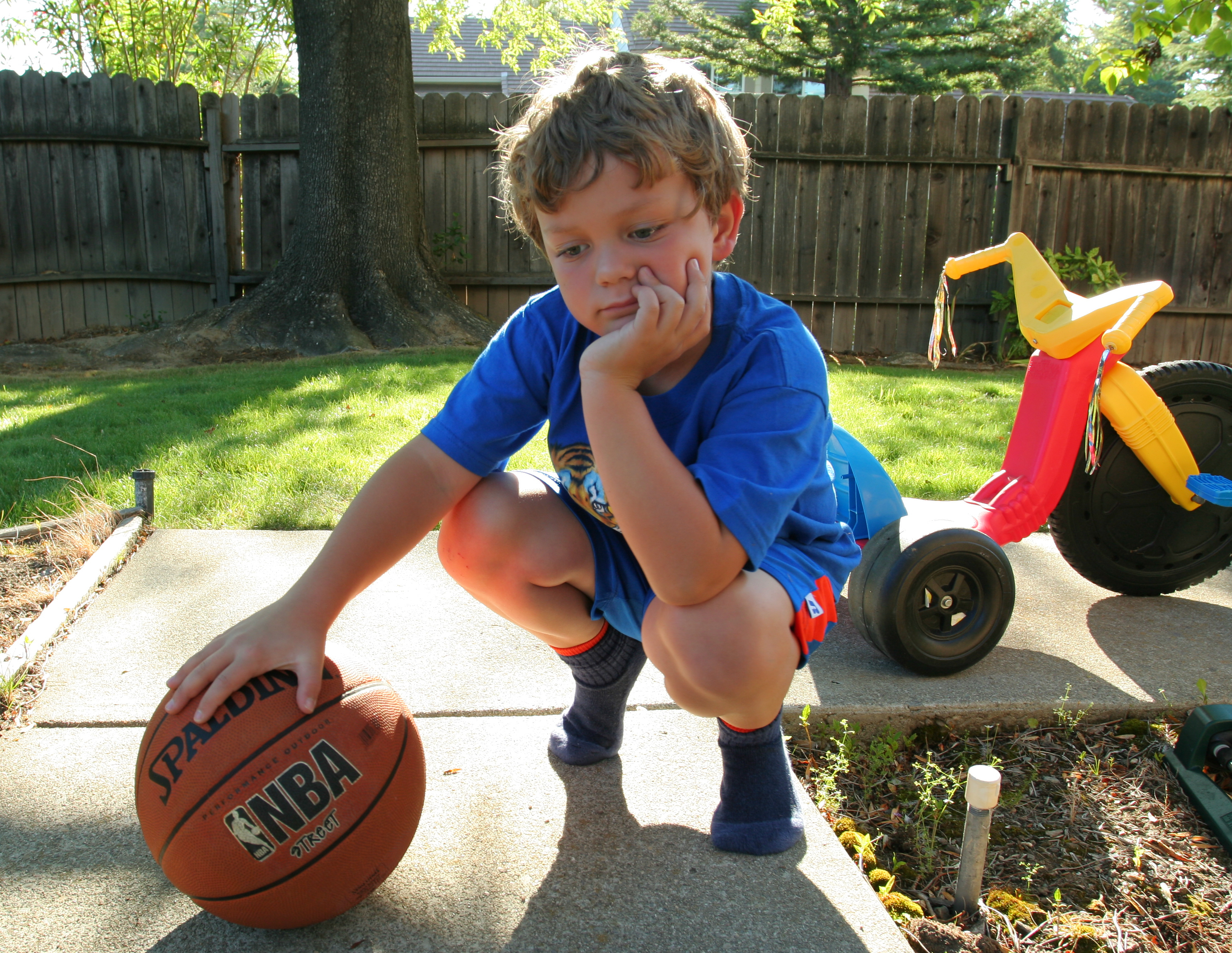If doctors can’t figure out the source of your child’s pain and sickness, stress and anxiety may be the culprit. Written by Associate Professor Maria Kangas.
Children and teenagers typically look forward to the school holidays. It can be a time of relief from the pressures they experience at school. When children and teenagers are feeling stressed, symptoms may present as physical health complaints such as recurring stomach-aches, nausea, chest pain or headaches.
Studies have shown about 40 per cent of children and adolescents experience what is referred to as ‘functional somatic health complaints’, which which have no identified organic or medical cause (medically benign).
Importantly, research has found that up to 80 per cent of children and adolescents with recurring somatic health complaints may also be experiencing anxiety or depression, or both, which tend to go unrecognised.
Somatic health complaints may reduce during the school holidays. The holidays provide respite from stress concerning school performance and peer interactions. This includes worrying about doing well in class assignments and forthcoming exams.
Young people may also be worried about how they fit in with their peers. They may lack confidence in doing class presentations or handing in class work, concerned that their teachers may think they are not that smart. All these worries can increase a child’s physiological arousal and as a result they may report feeling ‘sick’, having an upset or sore tummy or a headache.
Young people may not express their worries and concerns to their parents or teachers. Indeed, they themselves may not be aware that their recurring stomach pains or headaches tend to occur when they are feeling stressed, worried and upset. Rather, they may request to stay home on particular school days, or avoid specific social invitations because they feel unwell.
In fact, studies have shown that children and adolescents with recurring somatic health complaints tend to have increased rates of school absenteeism. This may further impact on their confidence, peer relations, class performance and overall quality of life.
These young people tend to have repeated medical consultations as their parents try to find out what is causing these recurring health complaints. Understandably, parents may also start to feel stressed when repeated medical consultations cannot find an organic medical reason for their child’s headaches, abdominal, or chest pain.
Importantly, the somatic symptoms including heightened pain are real for the children experiencing them. However, the downside is that by withdrawing from schooling, social and family activities, these children learn to cope with their somatic health complaints by avoiding situations and activities they are concerned about. This may further strengthen underlying anxiety or depression.
What can you do to assist your child?
-
– Check with your GP that the pain symptoms are medically benign
– Acknowledge that the pain your child reports feeling is real for them
– Encourage your child to continue to go to school and partake in other social activities
– Praise your child when they engage in school tasks and social events they find particularly challenging
Associate Professor Maria Kangas and her team are currently conducting a new therapy program (the Cool Kids and Adolescent Health Program) for distressed children/adolescents (7-17 years) experiencing recurring somatic health complaints. To find out more, contact Maria at maria.kangas@mq.edu.au or visit: mq.edu.au/ck-health












